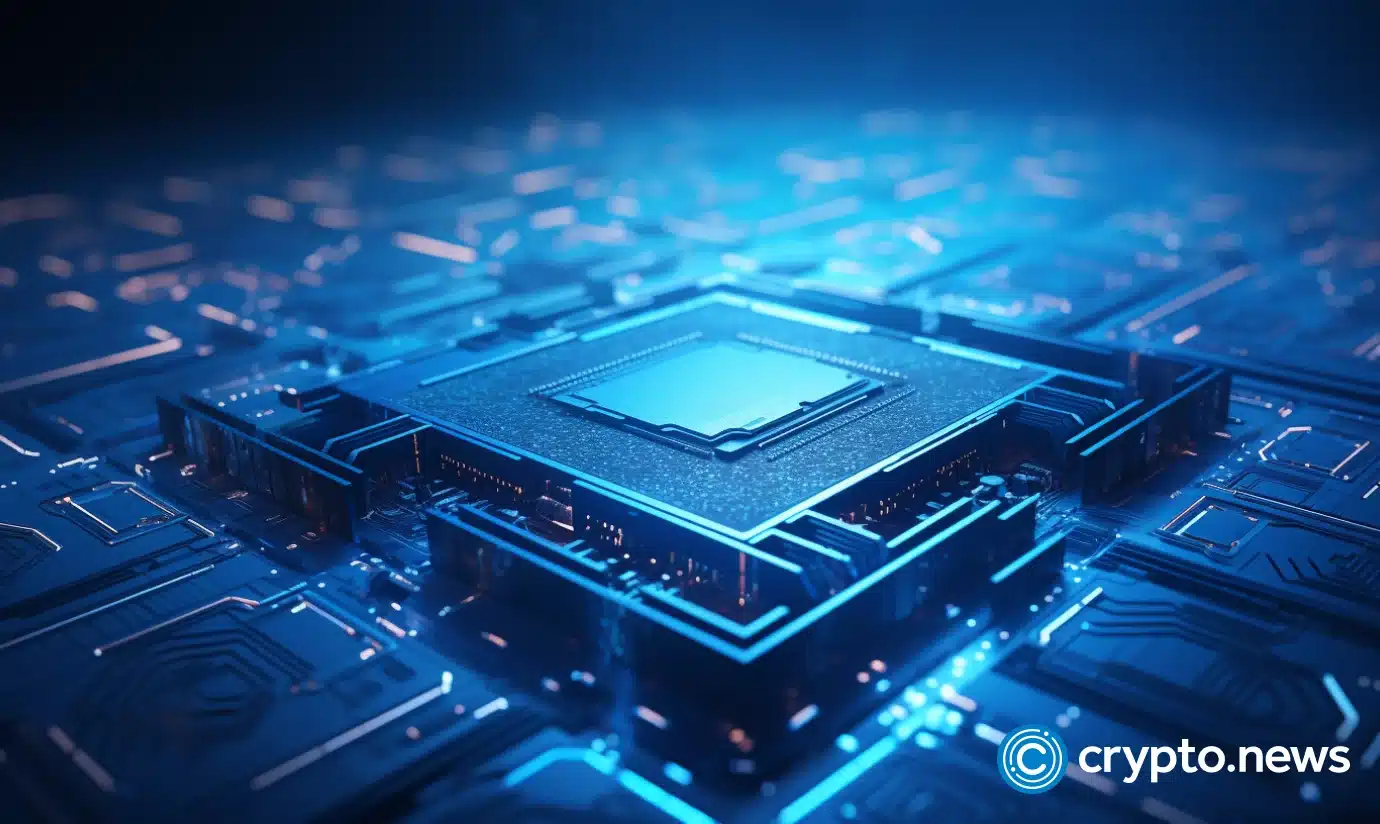Ahmad Shadid, the founder of the decentralized physical infrastructure network (DePIN) protocol io.net, has stepped down as CEO.
Tory Green, the current chief operating officer, will assume the role of CEO.
Shadid also announced a significant contribution of a million IO tokens to io.net’s GPU Internet Foundation to support the ecosystem’s growth.
In a statement posted on X on June 9, Shadid reflected on the company’s rapid growth. He highlighted that io.net has become one of the fastest-growing decentralized AI companies globally.
In the post, Shadid expressed his gratitude to the community and the team for their unwavering support.
He also stated that stepping down was in the best interest of the community and the project’s future success.
Green expressed his honor in taking over the CEO role. He acknowledged the foundation laid by Shadid and outlined his vision for continuing io.net’s mission.
Green shared that io.net currently supports approximately 20,000 cluster-ready GPUs, providing AI services to various companies, including WonderAI, Krea, and Leonardo.
The new CEO also highlighted the upcoming launch of the IO token on June 11, marking a significant milestone for the company. The launch is expected to accelerate io.net’s growth, focusing on acquiring new suppliers and customers.
Furthermore, Green reiterated io.net’s mission to build the world’s largest decentralized AI compute network, emphasizing the company’s commitment to an open and accessible platform.
The announcement of Shadid’s resignation follows closely on the heels of io.net’s recent IO Summit Keynote on June 4. The live-streamed event, which included appearances from notable figures such as Solana founder Anatoly Yakovenko and Aptos CTO Dr. Avery Ching, showcased the project’s latest achievements and future plans.
The keynote also highlighted a successful series A funding round, raising $30 million, and discussed strategies to overcome recent challenges, including a network attack involving spoofed GPUs.
Despite these hurdles, Shadid assured the community that io.net’s infrastructure is now secure and operational.





